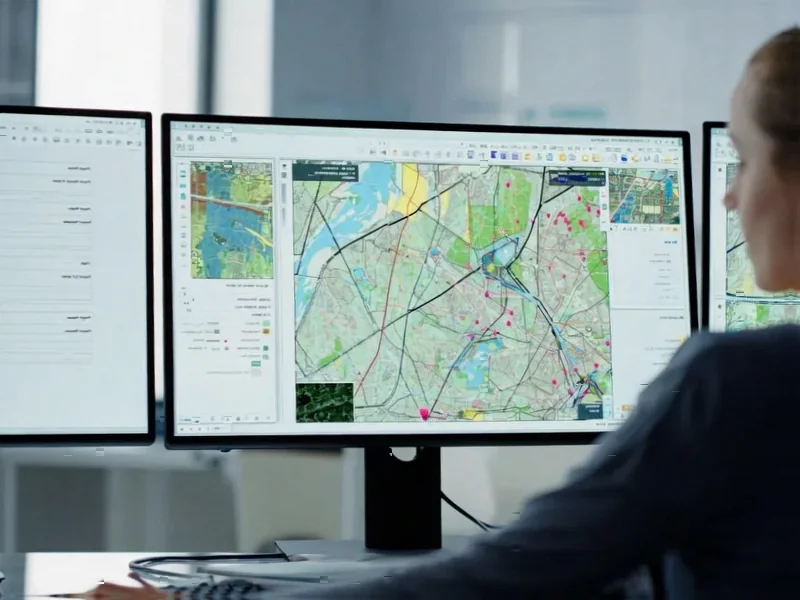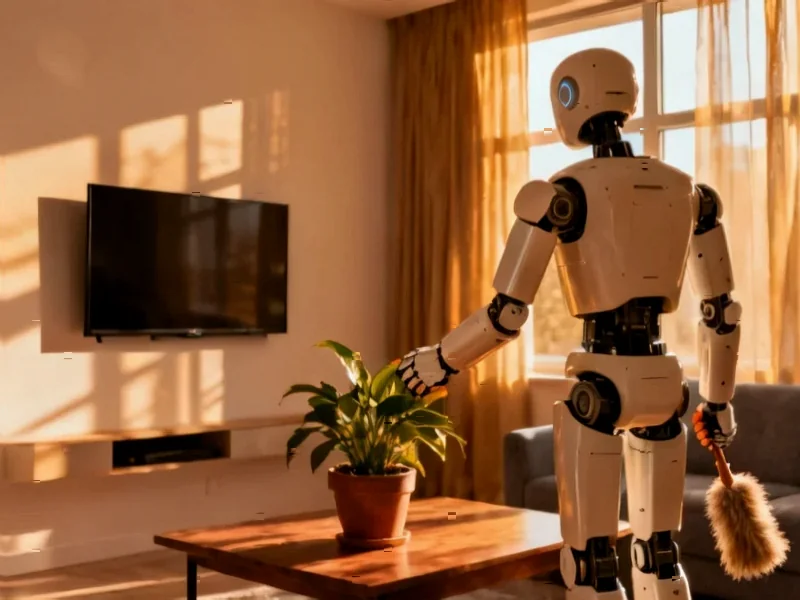According to TheRegister.com, London’s High Court dismissed most of Getty Images’ lawsuit against Stability AI on Tuesday, dealing a major blow to the photo agency’s copyright infringement claims. Justice Joanna Smith only upheld one portion of Getty’s argument – that the appearance of Getty watermarks in Stability’s AI-generated images constituted trademark infringement. Getty couldn’t prove that any AI training actually happened in the UK, forcing them to drop their core copyright claim mid-trial. The court also rejected Getty’s secondary infringement argument because AI models store weights rather than actual copies of copyrighted works. Both companies are claiming victory despite the ruling, with Getty now preparing to make similar arguments in California courts where it has ongoing litigation against Stability.
What This Actually Means
Here’s the thing – this ruling is both huge and kind of a nothingburger at the same time. Getty basically lost on a technicality about where the training happened, not whether training on copyrighted material is legal. The court punted on the big philosophical question that everyone’s fighting over: can AI companies just vacuum up the entire internet for training data?
But there’s one clear win for copyright holders – those watermarks. When AI outputs reproduce protected trademarks, that’s infringement. Basically, if your AI spits out something that looks like it came from Getty because it’s got their watermark, you’re liable. That’s actually pretty significant because it means AI companies need to filter their outputs more carefully.
The Legal Landscape Just Got Messier
Legal experts are completely divided on what this means. Some IP lawyers think this sets a terrible precedent – that companies can just train their models outside the UK and import them without consequences. Others see it as a massive “damp squib” that avoids answering the real questions.
And here’s the kicker: the court said generative AI models don’t store actual copies, just weights. So secondary infringement doesn’t apply. That’s a huge win for AI companies because it means the training process itself might not create infringing copies under current UK law. But is that really how copyright should work in the AI age? When these models are essentially learning from – and potentially replacing – creative works?
What Comes Next
All eyes are now on California. Getty’s already filed there, and they’re going to argue the same points but without the jurisdictional loophole. The US has different copyright laws, and Getty’s betting they’ll get a more favorable hearing. A jury trial has been demanded, which could get really interesting – regular people deciding whether AI training is fair use or theft.
Meanwhile, this UK ruling creates a weird situation. Companies might start deliberately training their models in jurisdictions with weaker copyright protection, then importing them everywhere else. The decision available here and the US case documents show we’re just at the beginning of this legal battle. The real fight over whether AI training constitutes copyright infringement is still completely unresolved.





Thank you for your sharing. I am worried that I lack creative ideas. It is your article that makes me full of hope. Thank you. But, I have a question, can you help me?